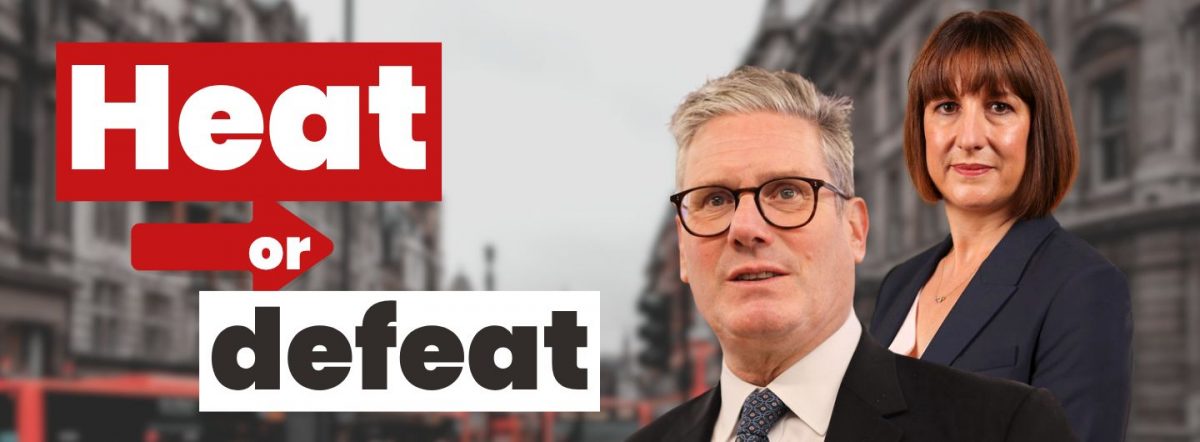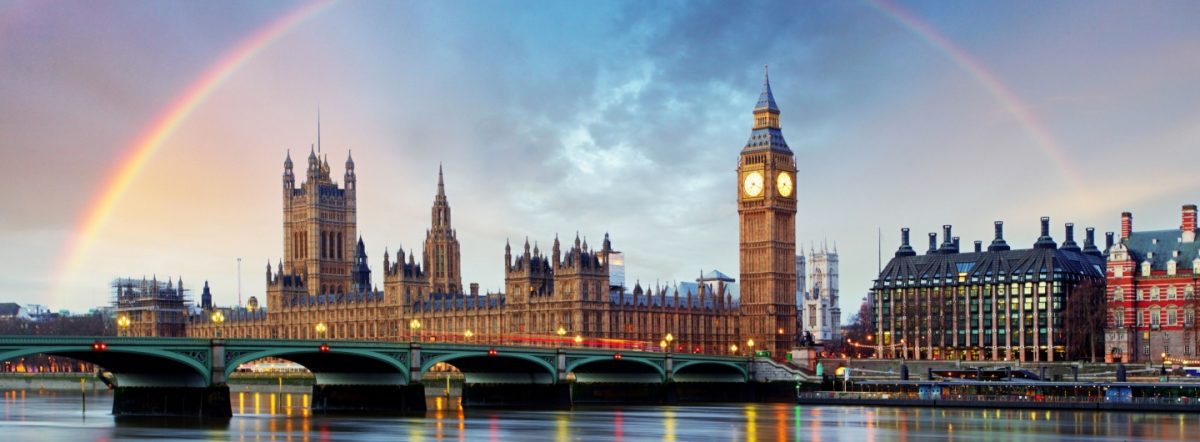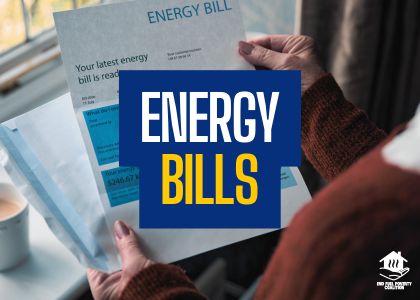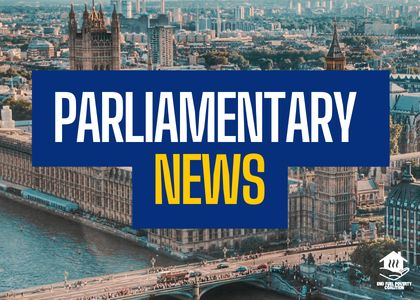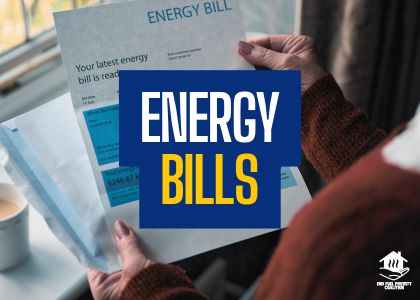Energy giants have generated over £125 billion in profits on their UK operations since the energy crisis started according to an analysis of company reports. [1]
Around £40bn has been made in profit in the UK by just 27 energy firms in the last two years, yet there are continued calls from energy industry lobbyists to axe the Windfall Tax in the next Budget.
Researchers working for the End Fuel Poverty Coalition examined the declared profits firms ranging from energy producers (such as Equinor, Shell) through to the firms that control our energy grid (such as National Grid and UK Power Networks) as well as suppliers (such as British Gas) and energy trading firms (e.g. Vitol).
The total profits generated globally by the firms since 2020 stand at over half a trillion pounds, with over four-fifths (£466bn) generated by firms with extensive involvement in the gas industry.
This is despite the fact that the gas sector will no longer be able to meet heating demand using only domestically extracted gas by 2027 and as just 14% of the North Sea reserves are now commercially viable according to official statistics [2].
Further analysis shows that as households face a fifth winter of sky high energy bills, over £50bn of the profits over five years are generated by electricity and gas transmission and distribution firms.
These are the “network costs” consumers pay for maintaining the pipes and wires of the energy system and are usually paid for through standing charges on energy bills. The firms were recently criticised in a report by the House of Commons Energy Security & Net Zero Committee.
A spokesperson for the End Fuel Poverty Coalition, commented:
“Energy firms continue to post multi-billion pound profits while millions of households struggle to afford to heat their homes.
“The figures equate to £878 per household, per year in profit. At the same time, average annual energy bills have soared from £1,042 in 2020 to £1,755 today, after peaking even higher in early 2023. [3]
“Even after the temporary windfall tax, oil and gas giants have benefited from exceptional earnings driven by global price spikes, which stands in stark contrast to record energy debt and record levels of fuel poverty.
“The Chancellor must resist pressure to provide a tax cut to the energy industry in the budget and ensure that the system captures excess industry profits fairly and directs revenues to protect vulnerable households and improve the energy efficiency of the nation’s coldest homes.”
Robert Palmer, Uplift Deputy Director, said:
“It is scandalous that oil and gas companies raked in billions in recent years whilst millions of people in the UK still struggle with sky high energy bills.
“Worse, these huge profits aren’t going to support the UK’s energy workers, who are being laid off as the North Sea declines, they’re going to overseas shareholders.
“It’s clear this status quo of continuing to prop up the profiteering oil and gas industry with evermore generous public handouts can’t continue. Rather than give into lobbying by oil and gas bosses for tax cuts, the Chancellor needs to focus on the UK’s long-term energy future.
“That means investing in the UK’s renewable energy industries and supporting workers into secure, long-term jobs that actually serve the UK’s needs and bring down bills permanently.”
Faiza Shaheen, Executive Director at Tax Justice UK said:
“Energy companies’ billions in excess profits are extracted from the pain of millions struggling with the soaring costs of energy and essentials.
“Capitulating to industry lobbying and axing the windfall tax would be an unacceptable decision by the Chancellor, and a sign this government is on the side of the profiteers rather than the public. She must use the Budget to properly tax energy companies and big polluters, and invest in bringing down energy bills for ordinary people.”
ENDS
[1] The data in this tracker has been collated from publicly available company reports and industry sources, with profits adjusted where possible to reflect UK operations. For multinational businesses, UK profit estimates are based on disclosed proportions of revenue, production, or operating assets attributable to the UK, or on reasonable assumptions using sector benchmarks where disclosure is limited. The figures are indicative, providing a consistent basis to assess trends in UK energy-sector profitability and its relationship to household energy costs. These measures differ from company to company due to reporting processes and regulatory requirements in different jurisdictions. In determining which measure of profitability to use, the research has prioritised the measure preferred in the company’s own accounts. The totals declared here include offsetting any losses made by some of the firms in some years of the period examined. 30 firms were monitored, with 27 making a profit over 5 years. These firms were selected by the researchers to create a cross section of the energy industry and to reflect those most frequently covered in the media.
Full information available at: https://www.endfuelpoverty.org.uk/news/energy-firm-profits-tracker/
Data as at 12 November 2025.
The data was compiled by freelance business journalist David Craik and examined and peer-reviewed by a business analyst with board-level experience within complex multinational businesses.
David’s experience has included writing business and city news and features for national newspapers and magazines such as The Daily Mirror, Sunday Times, Wall Street Journal, Scotsman and Daily Express. Much of his content focuses on company financial results and reports in the energy sector and on personal finance issues including wealth management, property, investing and managing household budgets and bills.
[2] https://www.endfuelpoverty.org.uk/north-sea-gas-unable-to-meet-national-heating-needs-from-2027/
[3] £125.7bn in profits divided by 28.6m UK households (ONS) is £4,394 over the course of the 5 years of the energy bills crisis or £878 a year. Ofgem price cap figures from https://www.endfuelpoverty.org.uk/about-fuel-poverty/ofgem-price-cap/


